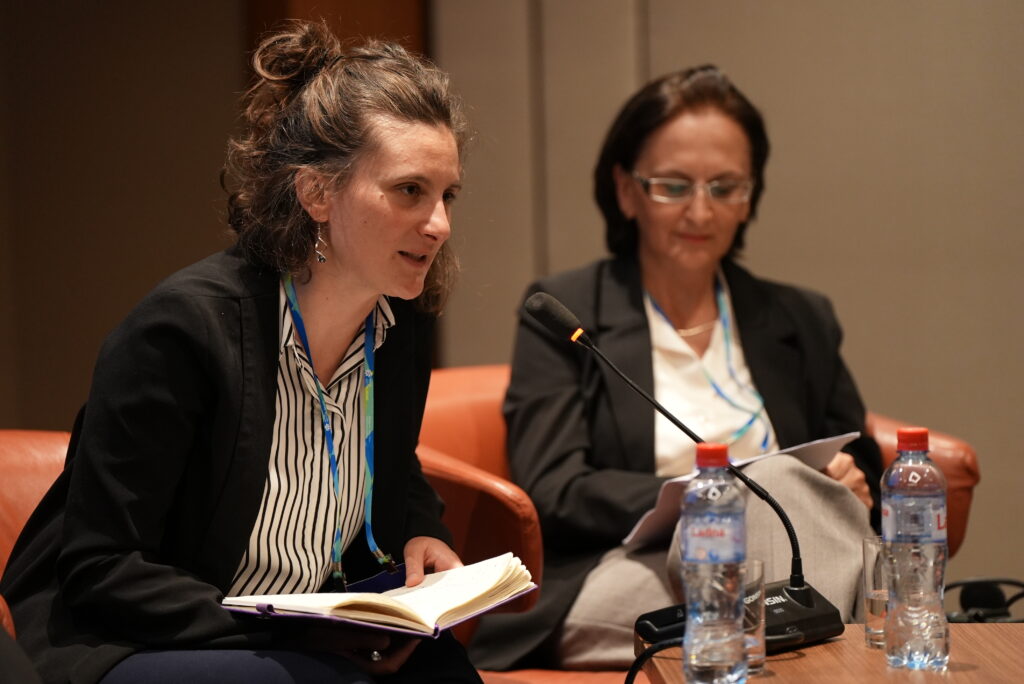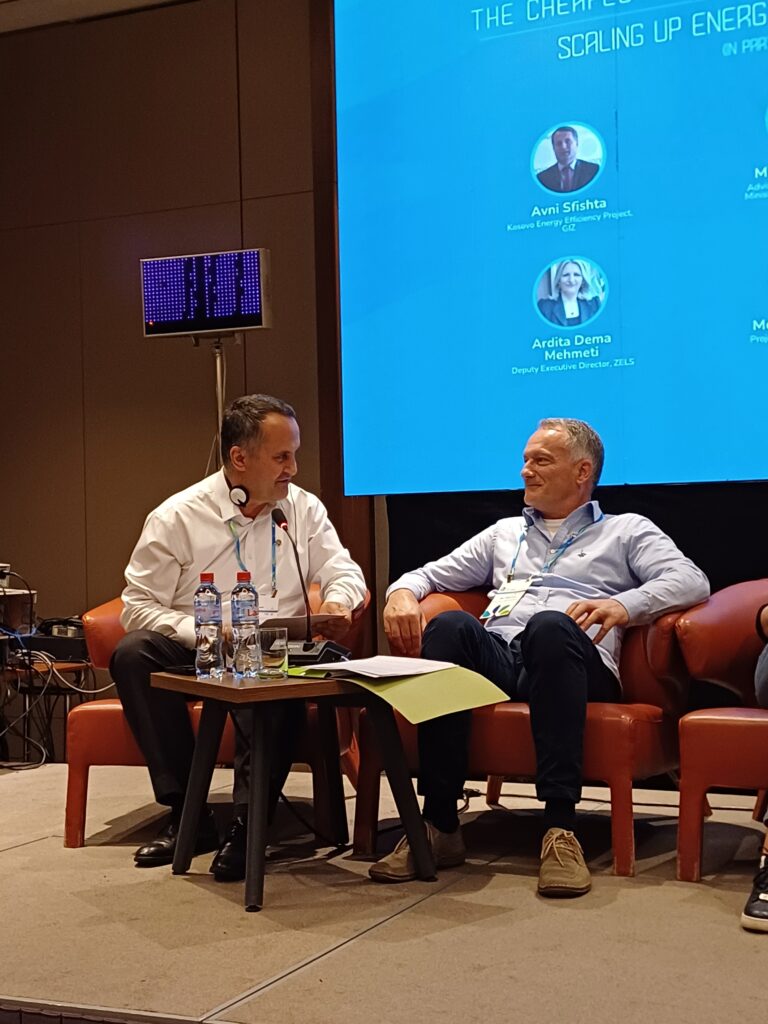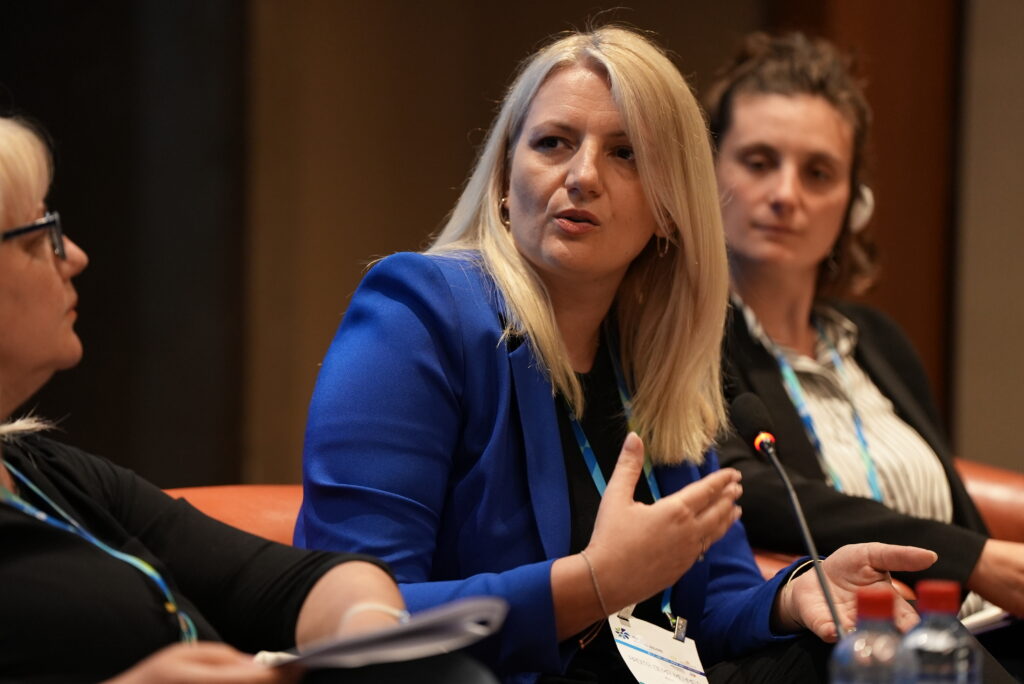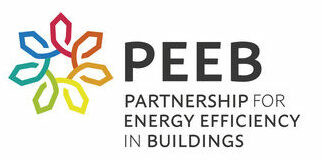In the context of rising costs and growing energy insecurity, making buildings more efficient is no longer just a climate ambition—it’s an urgent social and economic priority. Improving energy efficiency is one of the most practical and cost-effective tools to promote energy savings, lower emissions, and strengthen energy security. Yet, buildings remain one of the largest sources of energy loss.
At the recent North Macedonian Energy Forum MEF25, where the PEEB placed this issue on the agenda in the event “The Cheapest Energy is the One We Don’t Waste: Scaling Up Energy Efficiency in Buildings”. Co-organised by the Macedonian Association of the Units of Local Self-Government (ZELS), the Chamber of Certified Engineers of North Macedonia, the Kosovo Energy EFficiency Fund, PEEB, and GIZ Kosovo, the event highlighted the often-overlooked potential of the building sector to drive real progress in protecting the climateand improving quality of life.

Mélanie Malinvaud (AFD Western Balkans) explained how PEEB’s combination of project finance, policy support, and capacity development can create favorable conditions and unlock finance for energy efficient and resilient buildings. The participants also discussed what it takes to bring energy efficiency to scale.
Key insights from the discussion included:
- A strong policy and regulatory foundation is essential. Institutions must remain committed to advancing this agenda while increasing public awareness of its importance.
- The voice of local governments is crucial to implementation. They must be actively integrated into planning through structured cooperation with national authorities.
- Effective coordination among engineers and technical experts, and digitalization of work process is a key enabler. energy efficiency is a collective effort that requires cross-disciplinary and multi-level collaboration.
- Financing mechanisms must be tailored to specific energy efficiency needs dedicated financial vehicles, together with capacity building for those driving implementation, is crucial for scale and sustainability. Besides PEEB, the Kosovo Energy Efficiency Fund is an example of combining targeted financial mechanisms and knowledge sharing for impact.


